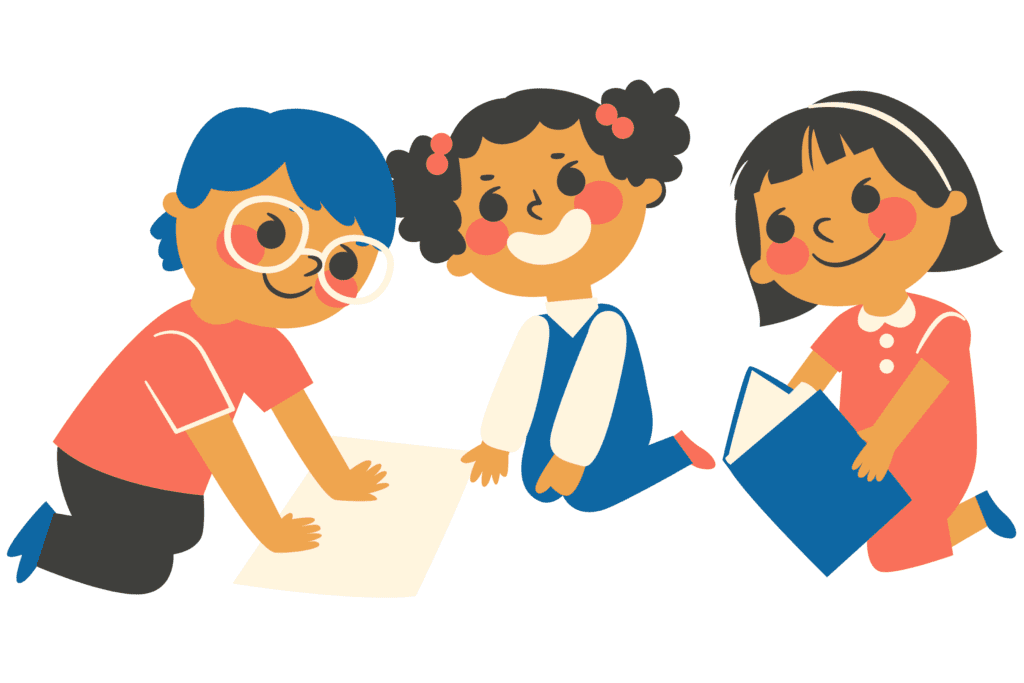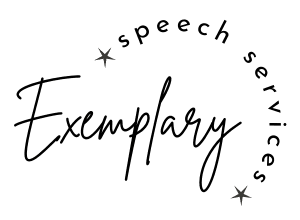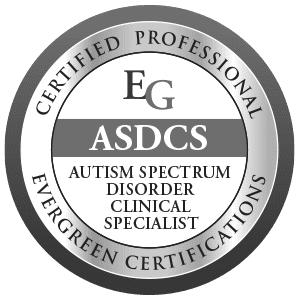
Communication is power.
We communicate to get our needs met, to express ourselves, and to connect with others.
The field of speech therapy known as Speech-Language Pathology, encompasses more than just speech. It involves all areas of communication : speech, language, voice, fluency (stuttering), literacy and pragmatics (social communication).
Speech is a critical early sign of developmental delay.
As children develop, one of the first questions we ask is, “Are they talking yet?” Speech development is a critical sign of whether a child is developing at an expected rate. It takes a lot of underlying skills to be able to communicate. First, we must be able to hear speech sounds and distinguish them from other sounds in the environment. Then, we must be able to grasp the concept of words, and correlate each to meaning (language). From there, we must be able to remember language, and finally, be able to apply it through speaking (in the correct context) by moving our mouths to form the words correctly. There’s a lot going on!
Can’t children just grow out of it?
When children experience difficulty in mastering speech and language skills, waiting to see if they “grow out of it” is not a wise solution. Just like with any other skill, we form habits. The more we do something incorrectly, the harder it is to override that behavior and do it differently. Starting early is critical with communication. Therapy for speech is currently recommended to begin at age 31. Furthermore, deficits in speech increase the likelihood that a child will experience deficits in language, reading, writing and math2.
So can how can speech therapy help children communicate?
At Exemplary Speech Services, we work with children as young as two years of age to increase speech accuracy, encourage communication, and work with the family to build a rich language environment for the child.
If your child is older, it’s still a great time to target speech needs! We know that the brain is forming new neural pathways into adulthood, so even if a child is into the school-aged years, we can change communication habits to form new ones.
Success in life begins with speech. We need to be able to make sounds to make words. We need to be able to make words to speak a language. And we need to speak a language to communicate, learn, interact, read, write, and succeed, both academically and socially.
What areas do you work on in therapy?
We know speech therapy is more than speech, but if you’re not sure if your child needs speech therapy, here’s a breakdown of the skills we work on:
Speech sounds: Difficulty being understood? Mispronouncing words? We teach children how to self-correct and master developmental sounds. For example: errors on the sounds R, S, or L.
Receptive Language: Difficulty following directions or answering questions? We teach children strategies to improve listening and retention of spoken information. For example: does not seem to understand what is being said, or needs greater assistance to complete tasks or answer questions.
Expressive Language: Difficulty using words and forming sentences to convey wants, needs, ideas and emotions? We teach children self-expression tools to reduce frustration and promote confidence. For example: struggles to find words or form sentences with correct grammar.
Fluency: Stuttering? Getting stuck on words; repeating or avoiding words? We teach children awareness of breath and the speech mechanism, as well as strategies for fluent speaking.
Literacy: Difficulty with letters, sounds, reading, spelling or writing? We teach children through a systemized speech-based program the reading skills they need to be successful.
Social/Conversational skills: Difficulty interacting or playing with others? We teach children social communication skills that reflect kindness and respect to others. For example: does not take turns when speaking or does not know how to keep a conversation going.
If your child is struggling with any of these areas, please do not wait. We offer free consultations as well as free screenings to discuss your concerns and determine is speech therapy is right for your child. Get in touch on our contact page. We look forward to speaking with you!
References
- Bernthal JE, Bankson NW, Flipsen P. Articulation and Phonological Disorders: Speech Sound Disorders in Children. 7th ed. Boston: Person; 2017
- Speech Sound Disorders: Comprehensive Evaluation and Treatment. 1st Edition. New York: Thieme; 2021



